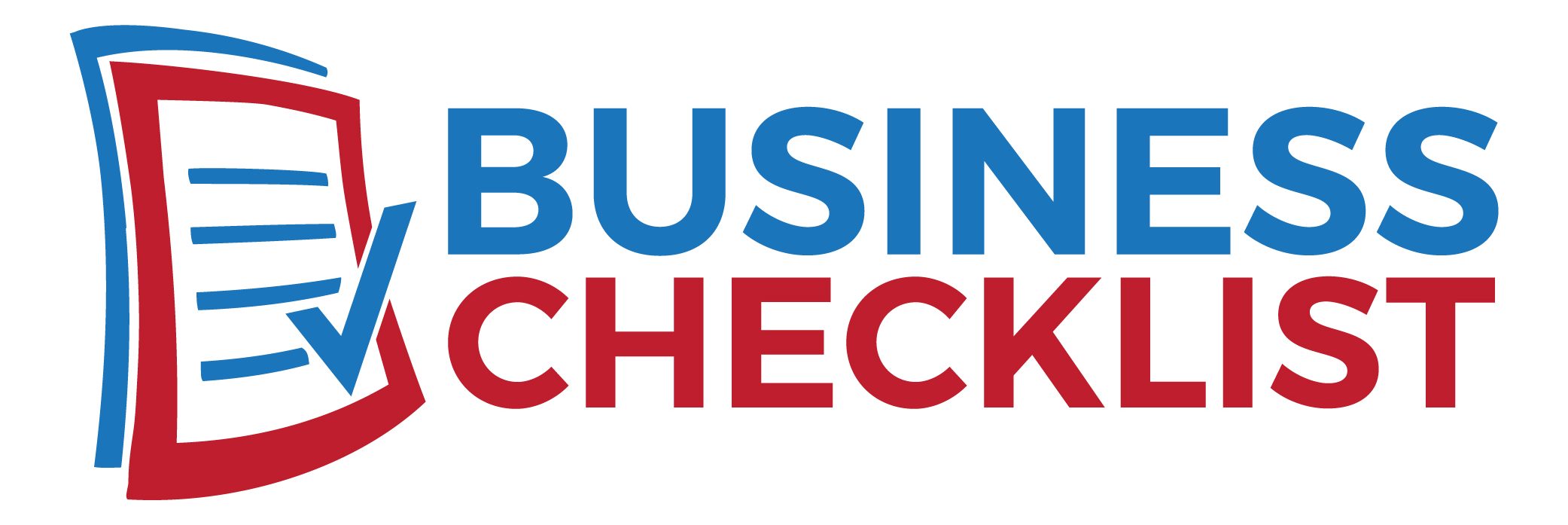
Most of us have felt anxious about money at some times or the other. Some things in life can often cause monetary fear and anxiety threatening our ability to live happily and enjoy life. The concern of not having enough money and particularly, the idea of being incapable of doing something about it is highly debilitating, causing a lot of distress in one’s everyday life.
Whether it is a result of some unexpected circumstances or your own choices, not having enough money often puts us in terrible situations when we are out of options. The good news is that there are ways to cope with monetary anxiety. Making better choices about your finances can give you freedom and minimize anxiety, boosting your overall well-being and bringing peace of mind.
Here are the top ten ways to feel less anxious about money and dismiss negative thoughts and stress related to your cash.
1. Focus on the Positive
The benefits of focusing on the positive aspects of your finances instead of negative issues are numerous. Though thinking positively won’t pay off your bills, it can definitely help you cope with your fears and anxiety. It also helps you identify and appreciate your financial strengths resulting in solutions to some of your financial concerns.
List the positive aspects of your finance management strategies like emergency funding or budgeting. When things are not in favor or money is causing you stress, you can look at the list to stay calm and peaceful.
2. Rework Your Budget
The most common cause of a monetary anxiety is a shattered budget. It can be anything from unplanned purchases to overspending. Expenses are hardly constant and this requires a regular budget check-up to stay stress-free about money. When your budget starts causing stress, take some steps to get your monetary aspects in place.
Review your bills and expenditures and compare the spending with your budget. Check every month that you are not getting into debt. If you have some loans or borrowings, create a debt-payoff plan and stay in better control of your finances.
3. Seek Help from an Advisor
Consult a financial advisor to get some help calming your monetary fears and ensuring you are on the correct path to your financial goals. An advisor can help you through every monetary matter from investment and aspirations to retirement plans and debt-pay-offs.
Seeing an advisor is much like consulting a therapist but this is for your money. Carry a list of your financial problems and goals at the first appointment. You can convert it into a long-term cooperation if you feel comfortable and helpful.
4. Use Cash
Our psychological response to using real cash is different than using cards and this is why paying with cash helps you spend lesser. A study reveals that using cards is too easy and people don’t feel the expenses.
When they use cash, they are likely to value the purchases and spending. If you want to save on regular expenses, particularly when you are trying to control your spending, cash is the way to go.
5. Get Out of Debt
If you are spending on interest, the money going directly out of the door can cause worry and anxiety. To improve your financial condition, now and in the future, it is important to get out of debt.
Stop borrowing to fund your lifestyle and focus on developing a plan to pay off the current debt. Emergency funds can be used to get out of debt or you can consider earning some extra money by doing a second job. Stick to a monthly budget and get out of debt as quickly as possible to save lots of money in the long-term.
6. Don’t Compare Yourself
People posting pictures of their cars, trips and other indicators of wealth often encourage you to compare yourself with them. Regardless of your perception of their wealth, this comparison of yourself and your finances with others surely brings stress. Humans tend to use others to measure their own position.
Your friends’ journeys are theirs – your experiences are unique. Your perception of their wealth and success might not be accurate and you may not be able to see the hard work associated with the financial success.
Boasting of wealth online is an unhealthy habit which can lead you to spend more. Stop comparing yourself with others and create a personal gauging machine which makes you feel more in control over your finances like a good budget or a savings account.
7. Consider Emergency Funds
Though the idea of benefiting from the best plans in the worst situations like illness, loss of job or death is unpleasant, emergency funds are great ways to get some peace of mind when money is concerned. If the fear of unexpected situations is causing distress or anxiety, it is the right time to invest in emergency funds, disability and life insurance.
These are your savings that remain untouched until some emergency arises. You can start contributing to an emergency fund with a small goal of about $1000 and then continue contributing till you get at least six months of expenses saved. Once you know you have money set aside for unexpected emergencies, you will be able to sleep easily at night.
8. Practice Contentment and Gratefulness
You may or may not have learned to show gratefulness through these years but when it comes to money, it is really important to avoid stress and anxiety. Being grateful for what you have helps you stay away from wanting more. This saves you from splurging on purchases thereby saving you from overspending on credit cards and draining the bank accounts. Gratefulness and contentment work hand-in-hand.
People who are not content often see money as their destination and it becomes an unending cycle of craving for more and never feeling it is enough. Those who are content don’t feel the urge to buy new things which they can’t afford. It becomes much easier to live within your own means.
9. Educate Yourself
If the fear of the unknown is causing stress and anxiety about finances, a good way to cope is to convert those unknowns into knowns. You may be willing to save for your retirement but may not know where to start and this may leave you worried about your future.
You may feel confused when you think you want to get a life insurance but don’t understand the various types available. You can calm your fears by committing to some learning about topics related to money and investment. Learning more about money management will give you better control over your money and life.
10. Consider Automatic Savings
Whether or not you have any money in your savings account, forming a consistent habit of saving every month is a must. You can start with a small percentage of your income and once you get over the hard part of starting, you can work to save more with time. A habit of saving gives you a lot of peace of mind.
Include a category of saving in your budget to stay confident and in control of your money. The easiest way to save is setting up a direct, automatic deposit of your saving percentage from the pay check. This lets your money grow without even having to think about it.
Worrying about money in the middle of the night won’t be able to get money into your depleted account or help you find how you can save for your retirement. Learning about the methods, calming fears and feeling confident about your financial choices is crucial. As you start practicing these proactive ways to control your money, you will find that the feelings of stress and anxiety turn into control and confidence.

